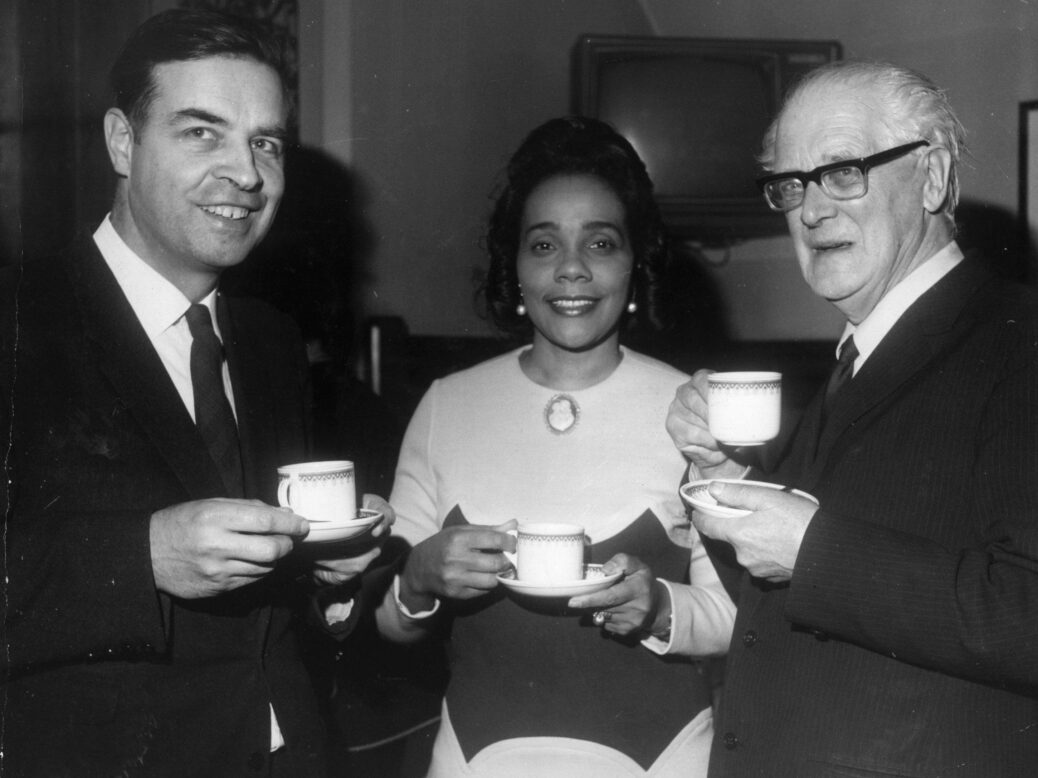
In Quest of a Fairer Society
Stan Newens
Memoir Club, 395pp, £12
Anybody looking at election results from the 1960s will wonder how Labour ever won Buckingham and Epping. The answer is new towns: Milton Keynes and Harlow outgrew those seats and now stand on their own. Stan Newens was the MP for Epping from 1964 to 1970 and for Harlow from 1974 to 1983. Born in 1930, Newens had an upbringing that speaks of an increasingly distant age. His memoir opens with the claim that “I would never have been born but for Jack the Ripper”, as his policeman grandfather Thomas was moved to Bethnal Green in the East End of London to help deal with the case. His great-grandfather had been a resident of the notorious London slum known as the Old Nichol: baths were in front of the stove, “mice and bed bugs were a recurring problem”, and school celebrated Empire Day and awarded the Victorian adventure stories of G A Henty as prizes.
Bed bugs may have made a popular comeback so far denied to Henty, but Newens clearly took a different lesson from the one intended. He registered as a conscientious objector and ended up going down the mines in Staffordshire. His only brainwashing sessions were with Tony Cliff, later of the Socialist Workers Party. At one point his family took out an advert in the local paper disclaiming Stan’s politics. Newens, though often allied with the far left, was always too independent for it – he supported the task force to the Falklands on the grounds that the Argentinian junta should be opposed, and was against Tony Benn’s bid for Labour’s deputy leadership. But his letter in 1968 asking the Soviet leader Leonid Brezhnev to rehabilitate Trotsky and his meeting with the Romanian dictator Nicolae Ceausescu now seem as dodgy as Henty’s novels.
There are some delicious “what ifs” in his life. Cultural commentators might have liked Dennis Potter to beat Newens to the Labour nomination for Epping in 1964 so as to see Potter in parliament, and things might have been very different if he’d held his seat against Norman Tebbit in 1970 or if, in 1983, he had been appointed to lead War on Want, rather than George Galloway. And his warnings that the removal of the secular dictatorships of the Middle East would lead to their replacement by Islamic fundamentalism now sound all too prescient.





